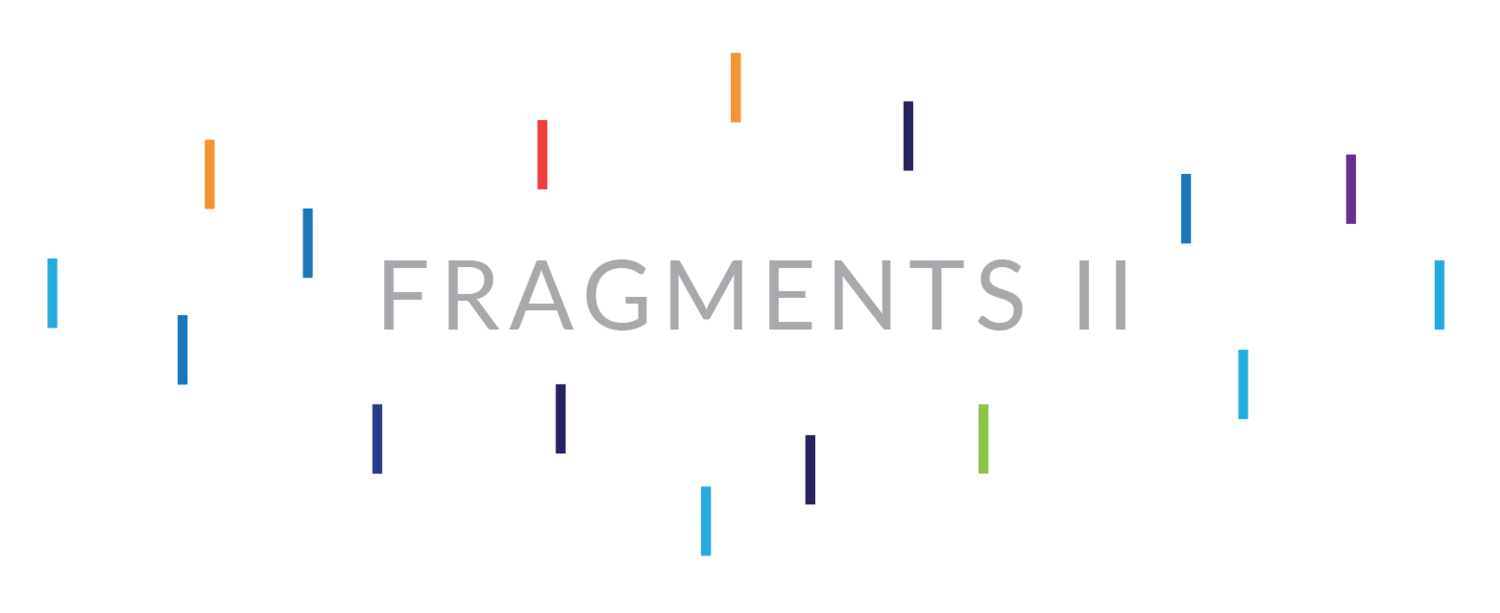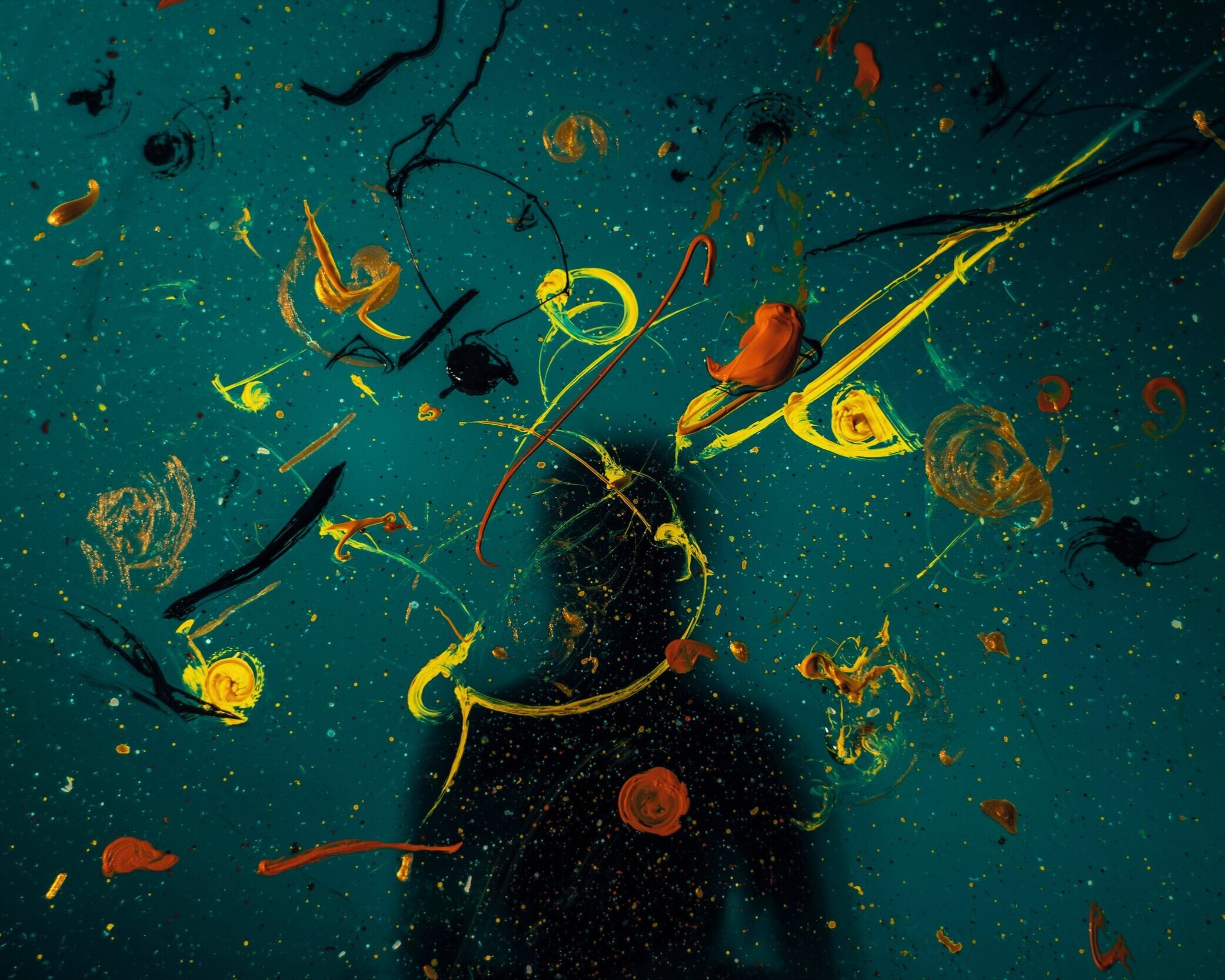Creating Something Out of Nothing During Covid Times
This week, I stumbled upon a fascinating site detailing how the creative industries are responding to the Covid-19 pandemic. It contains dozens of examples of innovative shifts that have occurred across the sector, borne out of new thinking and new perspectives.
Looking back to the Spanish Flu pandemic a century ago, a similar surge in creativity can be identified. The opening of the German design school Bauhaus in Weimar in 1919, for example, led to new styles of Minimalist furniture designed to be both beautiful and easy to clean.
The fact is, however, it is isn’t just the “professional” creatives that have responded to the last 15 months creatively. Who can forget the 9-second video of a sock puppet eating up cars in moving traffic back in April 2020? Like so often when faced with complex and confounding situations at the edge of what we consider to be normal, many of us it seems will try to make sense of our disrupted surroundings creatively. We made people laugh. We cooked. We innovated. We came up with innovative solutions to keep businesses going. We painted. We wrote stories or poetry. All in an effort to shield ourselves from the disruptive impact of what was happening all around us.
In my own case, outside of my work-a-day world, I collaborated with a friend and colleague to make an animated film. Neither of us would consider ourselves experienced filmmakers (or filmmakers at all, for that matter) and our budget was precisely zero. But as lockdown stretched into weeks and then months, it provided a reason to literally make something out of the time we had.
A useful taxonomy to explore this surge in creativity in times of crisis is the Four C model by Dr. James C. Kaufman and Dr. Ronald Beghetto. Put simply, they suggest, over the course of a life span, we can potentially identify different kinds of creative acts that can range from mini-c (eg: a child’s first painting) and little-c (eg: redecorating a home or learning to cook) to Pro-c (expert level creative acts within a domain or sector) and Big-C (acts that impact the course of history).
Reflecting on the evolution of schools, I am pretty sure that most of us will be able to think back to numerous mini and little moments in which community members or colleagues brought a spark of creativity or moment of insight and perspective that made us smile again or see things in a new way. Many of us will be able to recount a series of creative shifts and innovations under pressure that literally enabled us to keep our schools in business. The question now though is whether any of these particular moments of creative energy are going to have a long-term Big-C impact on the future of learning in our schools.
However the course of history may be changed, there is no doubt all of us have felt somehow constrained by the pandemic, both personally and professionally. It might just be worth considering, though, whether these very constraints were the reason why we might look back on 2020 and 2021 as one of the most creative periods of our lives.



